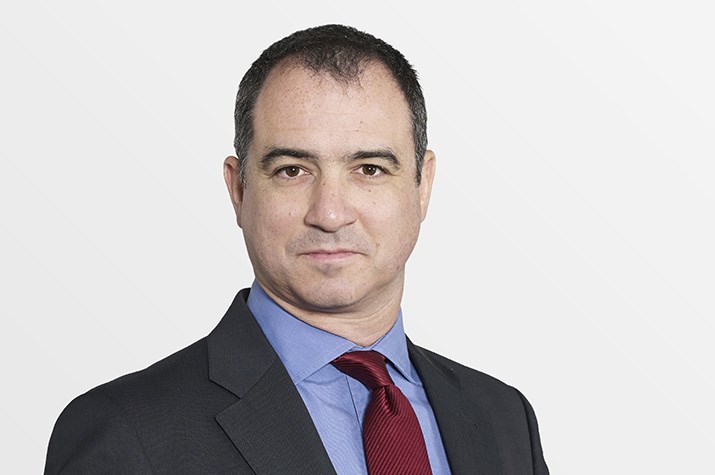
The Edinburgh Investment Trust (EDIN) has been upgraded by Morningstar analysts to a Bronze rating, just weeks after Mark Barnett was replaced as manager of the trust.
Struggling manager Mark Barnett was removed from the trust in December following a sustained period of disappointing performance. Investment trusts have an independent board, which decides who will be awarded the mandate to run a trust.
In December, the board made the decision to remove Barnett from managing the trust and give the mandate to Majedie Asset Management. Glen Suarez, chairman of the Edinburgh Investment trust, said at the time: “Since 2018, the Board has worked hard to understand the causes of this underperformance, cognisant of the long-term investment objective of this Company and the recent trends in the UK equity market.”
James de Uphaugh was announced as the new manager of the trust; he has co-managed the Neutral-rated Majedie UK Equity fund since 2003 and officially took over the running of the Edinburgh trust of January 1, 2020. The trust's board also announced a reduction in the trust’s annual fee from 0.55% to 0.48% and a move to a tiered charging structure, whereby the annual charge falls slightly to 0.465% on any assets above £500 million.
Suaraz praised Majedie as an “independent, active equity investment management firm with proven expertise in UK equities.” However performance on his Majedie fund has been somewhat lacklustre – the fund’s annualised returns have lagged its Morningstar category over one, three and five years.
Yet after just a few weeks under its new manager, Morningstar analysts have made the decision to upgrade the Edinburgh trust to a Bronze rating. Analyst Bhavik Parekh said: “The approach used by James de Uphaugh appears well suited to the dividend growth mandate of this trust. We see merit in de Uphaugh’s experience and believe he represents a safe pair of hands.” Parekh likes de Uphaugh's bottom-up strategy, whereby the manager looks for stocks that fit into one of three buckets: "steady growers", "out and out value", and "recovery".
Investors may still need convincing, however, as the trust is trading at a wide discount of 13.1% and is down 3.1% over the past month, according to Morningstar data. Top holdings include British American Tobacco, BP and high street retailer Next. The portfolio is likely to shift over the coming months, although analysts warn it could take longer to offload some of the more illiquid names that had been invested in.
Barnett Funds Endure Outflows
Barnett had run Edinburgh Investment Trust since 2014, when he took the reins from former manager Neil Woodford. The two managers have long invested in a similar style and Barnett also took over the management of the Invesco Income and Invesco High Income funds when Woodford left the firm to set up his own company.
Morningstar analysts downgraded their rating on Barnett’s Invesco funds in November amid liquidity concerns. There were worries about the proportion of the portfolios invested in small and unquoted companies.
At the same time, the Edinburgh Investment Trust was downgraded from a Silver to Neutral Morningstar Analyst rating. Morningstar analyst Peter Brunt said: “Mark Barnett has managed this strategy since 2014, using broadly the same long-term, high-conviction and unconstrained approach that he has applied on other vehicles since 1999, all at Invesco. [But] the increasing number and nature of stock-selection issues over a prolonged period have raised concerns about the manager’s implement of the investment approach.”
Barnett wrote to investors in December reassuring them that he remained confident in the funds' strategies. He said: "At the heart of my optimism is an unshaken belief in the valuation, and income opportunity, available to investors who are prepared tolook beyond the medium-term."
Barnett continues to run the two Invesco funds, which have suffered heavy outflows in recent months and were also named in Bestinvest's most recent list of underperforming "dog" funds. Barnett’s funds lost more than £200 million in assets in January, according to the latest Morningstar fund flow data, and parent company Invesco endured outflows of £791 million in the month – and a staggering £9.36 billion over the past year.




























